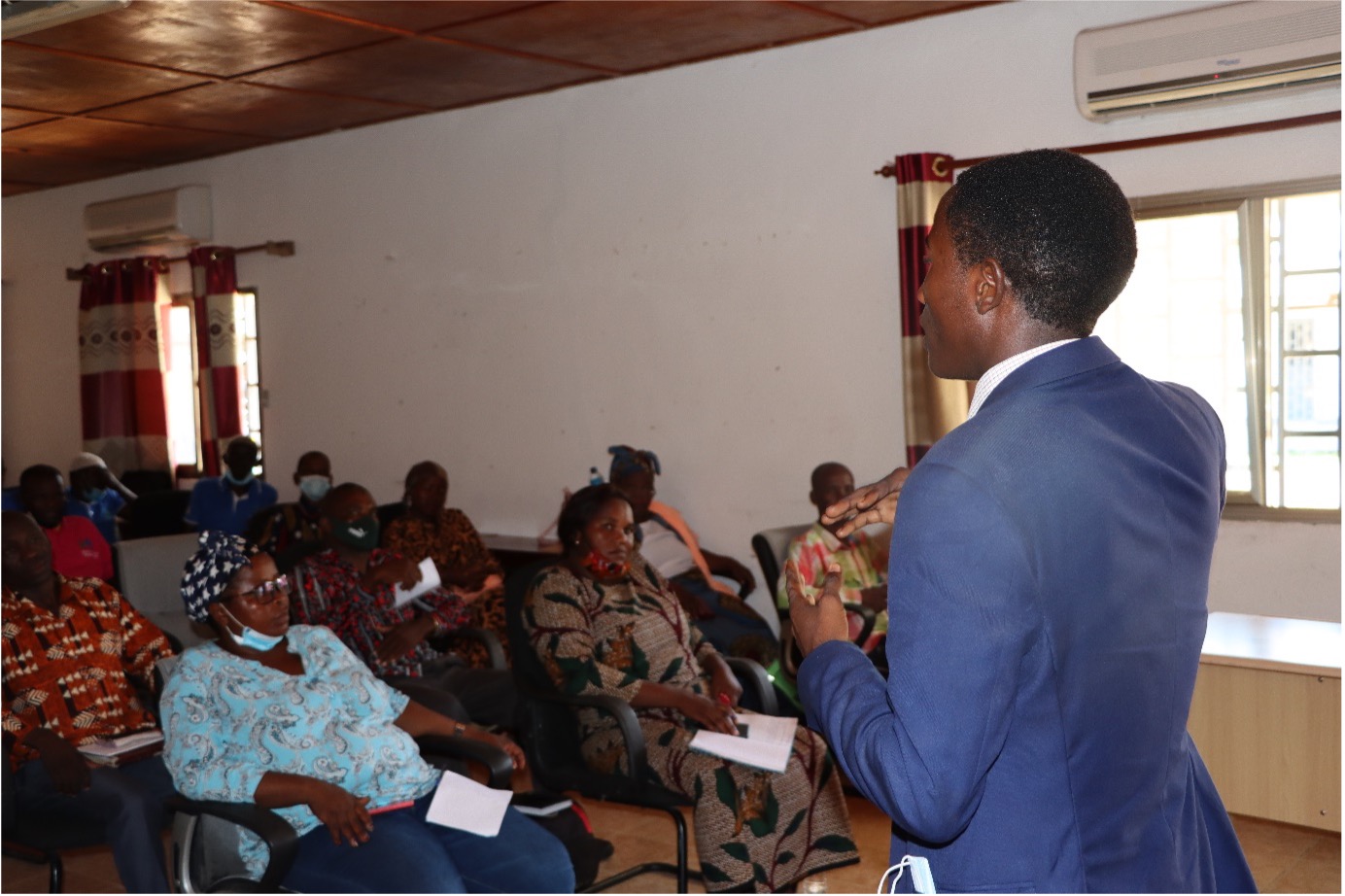The Aga Khan Foundation (AKF) and the European Commission’s Foreign Policy Instrument have partnered in Mozambique since 2019 to promote social cohesion within rural communities of Cabo Delgado province, as well as to strengthen relationships with local government. A new agreement will expand this partnership to cover additional districts in Cabo Delgado and Niassa provinces.
Insecurity has been impacting everyday life in northern Mozambique since 2017. Nearly one million people have fled their homes and relocated to other communities or resettlement sites managed by the Government of Mozambique and the United Nations. In Cabo Delgado – the province most affected – nearly one in three people have been internally displaced and a majority (two thirds of displaced persons) are being hosted and supported by local communities. Whilst the humanitarian and development community has responded greatly to the impacts of the crisis, the situation remains uncertain and unpredictable, as shown by a string of attacks in the southern districts of Cabo Delgado and northern districts of Nampula in recent months.
Through this new partnership, AKF will support 65 communities accommodating displaced persons across five districts in Cabo Delgado (Chiure, Metuge and Montepuez) and Niassa Provinces (Marrupa and Majune). Village Development Organisation’s (VDO) will be at the core of this programme.

AKF has been working with communities to establish and support VDOs in Mozambique since 2006. VDOs are frontline civil society institutions that play an enabling development and governance role at the village level in Mozambique. VDOs are elected community-level bodies whose purpose is to:
- Define – in a participatory manner – the development aspirations of their communities and develop concrete plans to achieve these.
- Lead and monitor the implementation of internal development initiatives that can be completed with existing community resources.
- Serve as the entry point and coordinator for external development initiatives (facilitated by the government, NGO, and private sector) in their communities.
Since the start of the conflict, VDOs have taken lead roles in welcoming and integrating internally displaced persons into community life – many of whom have now been displaced from their homes for more than five years. In response to the conflict, VDOs have:
- Identified temporary accommodation for displaced persons arriving into their community, enrolled displaced children into local schools, and allocated land to construct houses and farm on.
- Constructed additional school classrooms to increase school capacity and liaised with government to identify teachers also displaced who are ready and willing to work.
- Advocated with district and provincial government on the rights, needs and priorities of their community as a whole.
VDO members are received positively by local government. In Metuge district, where VDOs are very active, the District Administrator has invited VDO representatives to join monthly budget and planning meetings in order to solicit community opinions and align activities. He has also become a cheerleader for VDOs at the provincial level, liaising with colleagues on how best to work with communities.

VDOs have also been critical for women and youth empowerment. The conflict has created a culture of distrust and hesitancy towards young people, as many adults suspect youth of being recruited into violent activities.
Through AKF’s previous and related EU-funded programme, communities proposed the formation of youth sub-committees to increase youth voice and representation in decision-making spaces, and to equip youth with governance and advocacy skills. Youth have since shared with the VDOs that they are feeling more heard within their communities, and adult perceptions of youth are starting to change. A recent study in Metuge district shows that, following the establishment of youth sub-committees, 81% of surveyed youth felt valued by their community (compared to 47.9% before the programme began).
At a provincial conference held in May 2022, youth VDO members were also more vocal and confident in sharing their community needs and priorities with government officials. AKF plans to expand support for youth through the new partnership so that the positive progress continues to grow.
The expansion of this programme has also brought new partnerships. AKF will be partnering with local organisation, Associação Progresso which will be trained on the VDO model and be responsible for the roll out into two districts in Niassa province. Progreso will also be joined by The Network for Religious and Traditional Peacemakers, whose Secretariat is hosted by Finn Church Aid; their team will focus on the integration of community conflict management and resolution mechanisms into the programme.
Through this and all of AKF’s programmes in Mozambique, we are working to build the resilience of marginalised communities so that they are better equipped to respond to the evolving nature of this conflict. AKF are firmly committed to collaborating with VDOs to facilitate effective, sustainable and locally led development in Mozambique.
Written by Safira Chirindza, Communications Assistant, AKF Mozambique

Funded by the European Union. Views and opinions expressed are however those of the author(s) only and do not necessarily reflect those of the European Union. Neither the European Union nor the granting authority can be held responsible for them.




